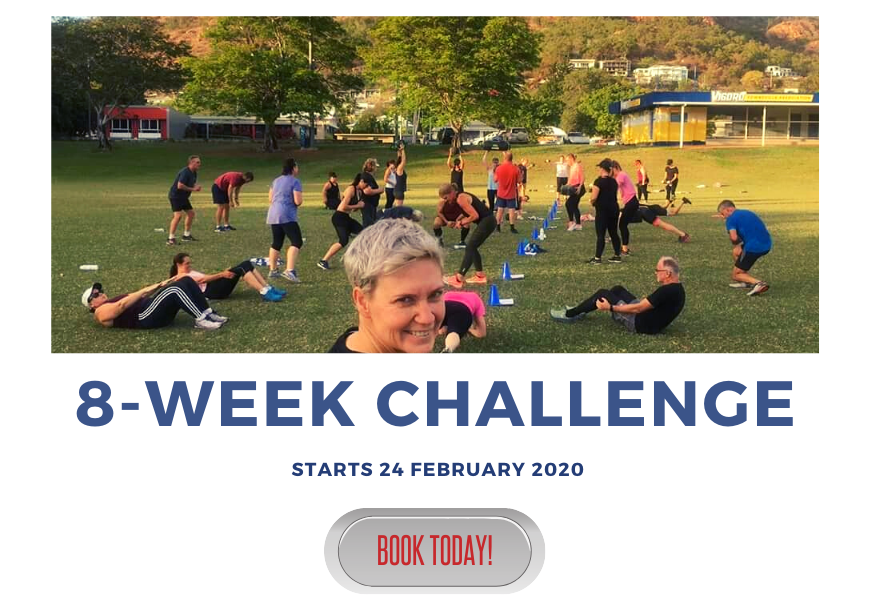New Year’s resolutions can be a wonderful incentive for some people, but for most, those optimistically set promises fall by the wayside pretty quickly into early January. Setting a resolution that is quickly broken can become a setback and another reason to tell yourself that goals for personal improvement just aren’t worth the effort.
Resolutions aren’t all that they are cracked up to be, but setting measurable goals is a great way to start making progress towards anything challenging that you want to achieve. Here is what I recommend instead of a New Year’s resolution, and the good news is, it is far more likely to succeed.
You don’t need to set a grand goal for a complete overhaul. You also don’t have to wait for the start of the New Year or any big milestone to get started on this journey (you could do this anytime!). You don’t need to strip back everything you’ve been doing, and you don’t need to do a big detox to begin.
Why do New Year Resolutions often Fail?
A US study showed recently that 80% of new year’s resolutions fail before the middle of February, and that only around 8% of resolutions actually succeed.
The failure to stick to them leaves well-meaning people feeling more demoralised than ever.
The problem with resolutions is a combination of factors.
Often, we set these grand goals during the excess of Christmas and holidays, when we feel guilty for over-indulging. We set goals to overhaul and quit whatever bad habits we are indulging in as a way of feeling better, when all we need to set ourselves are the goals of forgiveness and moderation.
Resolutions are usually for life-changing behaviours such as weight loss or quitting smoking, that have developed over years into a solid mindset that lets us indulge. You can’t hope to change the behaviour permanently without addressing the psychological reasoning behind why we do it in the first place – we need to work on the mindset as well as the behaviour.
If our poor choices have become ingrained habits then we are leaning on them as some sort of defense or protection, like a crutch. If you remove the crutch without dealing with the underlying reason why we need it in the first place, we will just fall over.
And that is where most resolutions end up.
Life-changing behaviour will always put us through some sort of stress during the change process. If you aren’t equipped to deal with the stress of changing your behaviour then again you are more likely to fail.
The Secret to Achievable Goals
Psychologically, what is the secret to finding and keeping motivation? Just begin.
Just start, and hit the ground running.
Don’t resolve to quit something completely, or to add a completely new activity to every day. If you say ‘I will quit sugar’, or ‘I will follow a strict keto diet’ or ‘I will go to the gym every day,’ you will find very quickly that these are near impossible goals to meet.
And they are also the kinds of goals that as soon as you drop the ball on them you can give up them altogether, thinking, ‘What’s the point – I’ll never do it.’
Let’s look at detoxes as an example:
This is a common time of year for a total detox, and many people feel that cleaning out their systems and overhauling their diets is a great way to start a health or fitness regime.
A detox might involve three days of fasting and some sort of colonic instrument such as tea or tablets that really make you poop. They are extreme processes and hard to stick to. Often you will lose weight quickly in those first few days, but this is just water, and will not stay off unless you plan on fasting and pooping forever. And you won’t.
Our bodies are naturally set up to detox on a continual basis however – this is what our liver and kidneys are for. You don’t need to do anything drastic to flush out your system, but you can take steps to help it work better such as drink more water, have less alcohol and coffee, and eat more plant-based fibre.
Don’t set yourself a huge, almost certainly unachievable goal – you are setting yourself up to fail.
Instead, set yourself a series of smaller, achievable goals. Make these things that you can monitor and that you can reward yourself for once you start achieving them.
Set yourself the goal of improving at things as much as you can, because these are things that you can achieve, and they are easy to start building motivation on the back on.
Here are Some Fantastic Goals to get you Started
And definitely don’t stop at one:
Drink more water. Drink water whenever you think of it, and especially when you’re hungry.
Eat more fruit and vegetables. Aim to fill half your plate with fruit or vegetables at every meal. Potatoes, corn and other carbohydrates don’t count.
Exercise for 30 minutes a day several times a week (if you are beginning from a point of no exercise at all). If you are already on an exercise regime, kick your goals up a notch.
Stop thinking of food as an emotional source and instead think of it as nourishing fuel. Eat what nourishes your body.
If you feel sluggish, bloated or are having digestive troubles, very often one type of food is the culprit. With age, we start to develop an intolerance to food groups that we previously had no problem with. Try eliminating one type of food for 48 hours, and see if you feel any better. If you do, continue for another day, and then keep doing that as long as you feel good. If you don’t feel better eliminating one food type, try eliminating another instead.
Track out your year and set yourself a series of smaller, achievable goals. Add exercise goals across the year, such as to complete a 5km run, a triathlon or a half marathon within six months.
And remember that reporting to someone else is another great way to stick to goals. Why not let us know what your goals are, and as a group, we can help make sure that you stick them?


